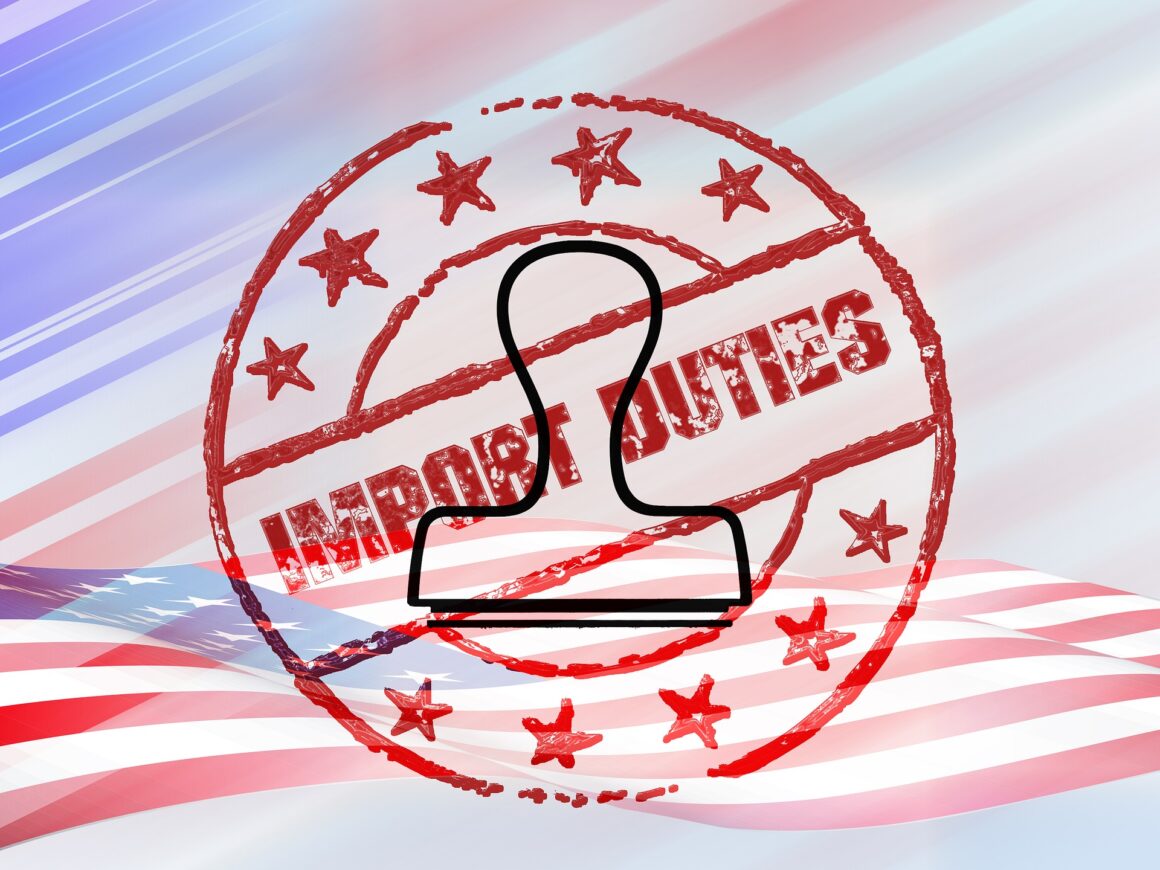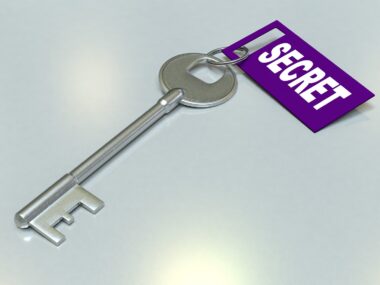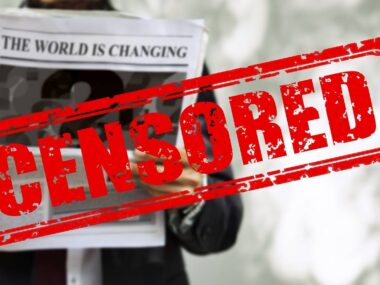Are Tariffs Just a Backdoor Price Hike?
Donald Trump’s new round of tariffs on foreign imports isn’t just an economic policy. It’s a tax hike in disguise. A minimum rate of 15% now applies to roughly 40 nations with trade deficits against the United States, with even higher rates for others. Certain goods, like smartphones, are exempt for now. Other sectors, from apparel to baby products, are already seeing retail price jumps of 10–35%.
Here’s the unavoidable truth about tariffs: they raise the price of goods. The only real question is whether companies pass that increase on to consumers. In most cases, they do. Corporations aren’t built to “eat” losses. They’re legally structured to seek profit, not charity.
That’s why Trump’s public demands for companies to absorb the costs of his tariffs ring hollow. As a man who’s owned multiple corporations, he should know better.
Why Trump’s Request Was Always Doomed
Corporations are profit-seeking entities by design. Their incorporation papers, along with state corporate statutes, spell out the fiduciary duty of directors and officers to act in shareholders’ best interests. That means maintaining profitability. Deliberately absorbing large government-imposed costs like tariffs, without passing them on, can be legally challenged as a breach of that duty.
When Trump told manufacturers, automakers, and retailers to “keep prices down” and absorb tariff costs, he wasn’t issuing a lawful order. It was political theater. There’s no statute that forces companies to comply, and without a formal price control law from Congress, such a demand is unenforceable.
Trump either ignored this basic reality or made the request knowing it was impossible. Which means the promise that tariffs wouldn’t hurt consumers was always a mirage.
No Line Item, No Accountability
Because tariffs are paid at the border by importers, they aren’t itemized on your store receipt the way sales tax is. The cost is buried in the wholesale price. That gives companies an open lane to raise prices by more than the actual tariff without consumers ever knowing.
Example: if a tariff adds $2 to a game’s cost, a company could still raise the retail price by $10 and blame tariffs, establishing a new “normal” price with zero transparency. This is especially dangerous in industries itching for price hikes, like gaming, where publishers want to push games to $80 but face public backlash. Tariffs offer them a perfect scapegoat.
Companies can write tariffs off as expenses on their tax filings, reducing taxable income. Consumers, however, have no such deduction. The result is a one-way street: businesses have a financial cushion, while consumers eat the full cost.
The Gaming Industry’s Tariff Problem
Gaming consoles, accessories, and even tabletop games have been swept into these tariff hikes, sometimes at rates as high as 145% before being temporarily reduced to 30–49%. Analysts predict console prices could jump by $89–$495 depending on where they’re manufactured.
Even shifting production won’t necessarily help, because Trump’s “reciprocal” tariffs now reach countries like Vietnam and Mexico. A 25% tariff on Mexican-made physical game discs could hammer publishers just as hard as Chinese manufacturing did.
With no transparency, companies can use tariffs to justify permanent price hikes far beyond the actual import tax. A move that would fundamentally reset consumer expectations.
Why Consumers Should Push Back
Right now, there’s no legal safeguard limiting how much of a price increase companies can attribute to tariffs. That means a $2 tariff can become a $10 hike, with no oversight.
A basic protection could be as simple as requiring companies to cap tariff-related price increases at, say, 1% above the actual tariff rate. Anything higher would need to be documented, and itemized, the same way sales taxes are.
Without reforms, tariffs are just an invisible tax with no accountability. And because they’re politically easy to spin as “foreign exporters paying the price,” they’re also an easy tool for quietly raising consumer costs.
Tariffs don’t just punish foreign exporters. They hit U.S. consumers squarely in the wallet. When a president who’s owned multiple businesses tells corporations to absorb those costs, he’s not just making an unrealistic request. He’s making one he knows they can’t legally honor.
That’s the problem: tariffs become political theater on the front end and an untraceable price hike on the back end. Without transparency and legal safeguards, consumers will keep paying for policies they can’t even see, and have no way to challenge.






